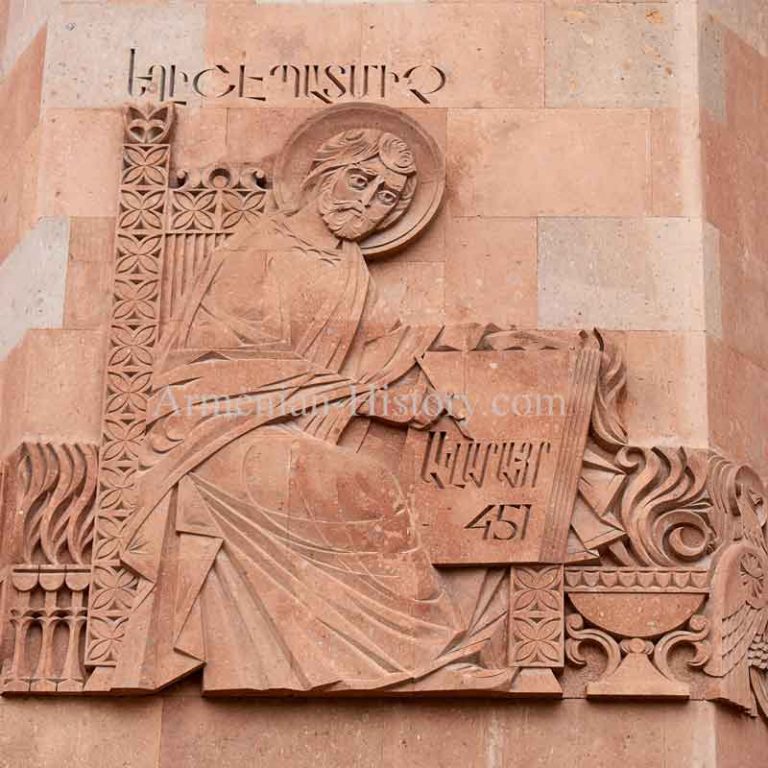Life and Background of Eghishe
Eghishe (Եղիշե, often written Elishe in older sources) was one of the most important Armenian historians of the 5th century. He lived during a transformative era in Armenian history, when the nation faced political pressure and religious persecution under Sassanian Persian rule. Trained in classical Armenian education and likely familiar with both Greek and Syriac traditions, Eghishe combined historical detail with theological reflection, making his works a cornerstone of Armenian literature.
The Work: History of Vardan and the Armenian War
Eghishe’s most famous work is “History of Vardan and the Armenian War” (Պատմութիւն Վարդանի եւ Հայոց Պատերազմին). Written in elegant classical Armenian, the text recounts the events leading up to the Battle of Avarayr in 451 CE, when Armenian nobles and clergy rose against the Sassanian Empire’s attempt to impose Zoroastrianism.
His account is more than a chronicle of events. It is a martyrdom narrative, portraying the Armenian struggle as both a fight for religious freedom and a moral victory, even in the face of military defeat. The work became foundational in shaping Armenian Christian identity.
The Battle of Avarayr (451) and Its Significance
At the center of Eghishe’s history is the Battle of Avarayr, where Vardan Mamikonian and his companions resisted Persian forces. Although the Armenians were defeated militarily, the battle ensured the survival of Christianity in Armenia.
Eghishe describes the sacrifice of the Armenian leaders as an act of faith, loyalty, and national survival. His narrative elevated the fallen into martyrs, ensuring their memory became part of Armenia’s religious and cultural foundation.
Eghishe’s Historical Style and Legacy
Unlike some earlier Armenian chroniclers, Eghishe wrote with a highly rhetorical and theological style. His emphasis on faith, freedom, and martyrdom gave his work a timeless quality. Modern scholars often describe it as a blend of history, hagiography, and national epic.
The “History of Vardan and the Armenian War” was widely copied and preserved in Armenian monasteries through the Middle Ages. It continues to be studied today as both a historical source and a literary masterpiece.
Impact on Armenian Identity and Christianity
Eghishe’s influence reaches far beyond the 5th century. His work established the Battle of Avarayr as a central episode in Armenian collective memory — a symbol of the nation’s determination to defend its faith.
- For Armenians, Eghishe’s narrative helped define the concept of national identity rooted in Christianity.
- For historians, it provides one of the clearest accounts of Armenian–Sassanian relations in the 5th century.
- For the Armenian Church, it remains a spiritual text, celebrating the martyrs of Avarayr who are venerated as saints.
Even today, Eghishe is recognized as one of the greatest voices of early Armenian historiography, bridging the line between chronicler and national philosopher.

